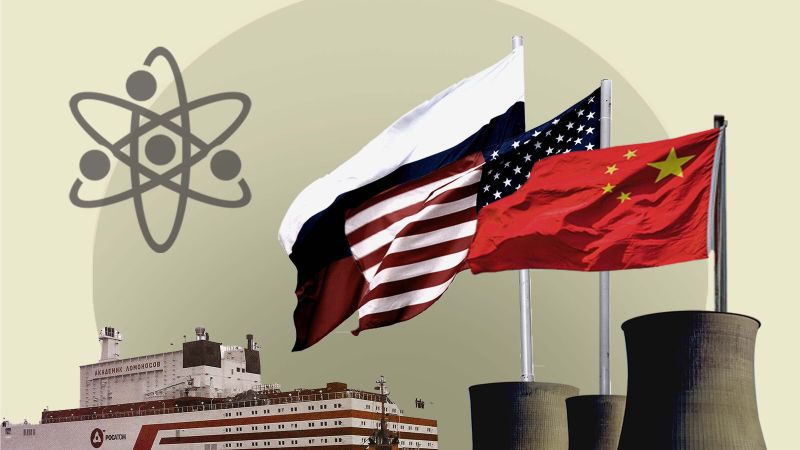Off the Siberian coast, not far from Alaska, a Russian ship has been docked at port for four years. The Akademik Lomonosov, the world’s first floating nuclear power plant, sends energy to around 200,000 people on land using next-wave nuclear technology: small modular reactors.
This technology is also being used below sea level. Dozens of US submarines lurking in the depths of the world’s oceans are propelled by SMRs, as the compact reactors are known.
SMRs — which are smaller and less costly to build than traditional, large-scale reactors — are fast becoming the next great hope for a nuclear renaissance as the world scrambles to cut fossil fuels. And the US, Russia and China are battling for dominance to build and sell them.



Big Bespoke Reactors? Isn’t that what we do now?
I thought the entire advantage was to be small and use multiple.
I think you’ll notice i never said bespoke. Realistically there will be minor differences from plant to plant, but you just design it in such a way that it’s modular and not super set in stone, which will help alleviate that problem.